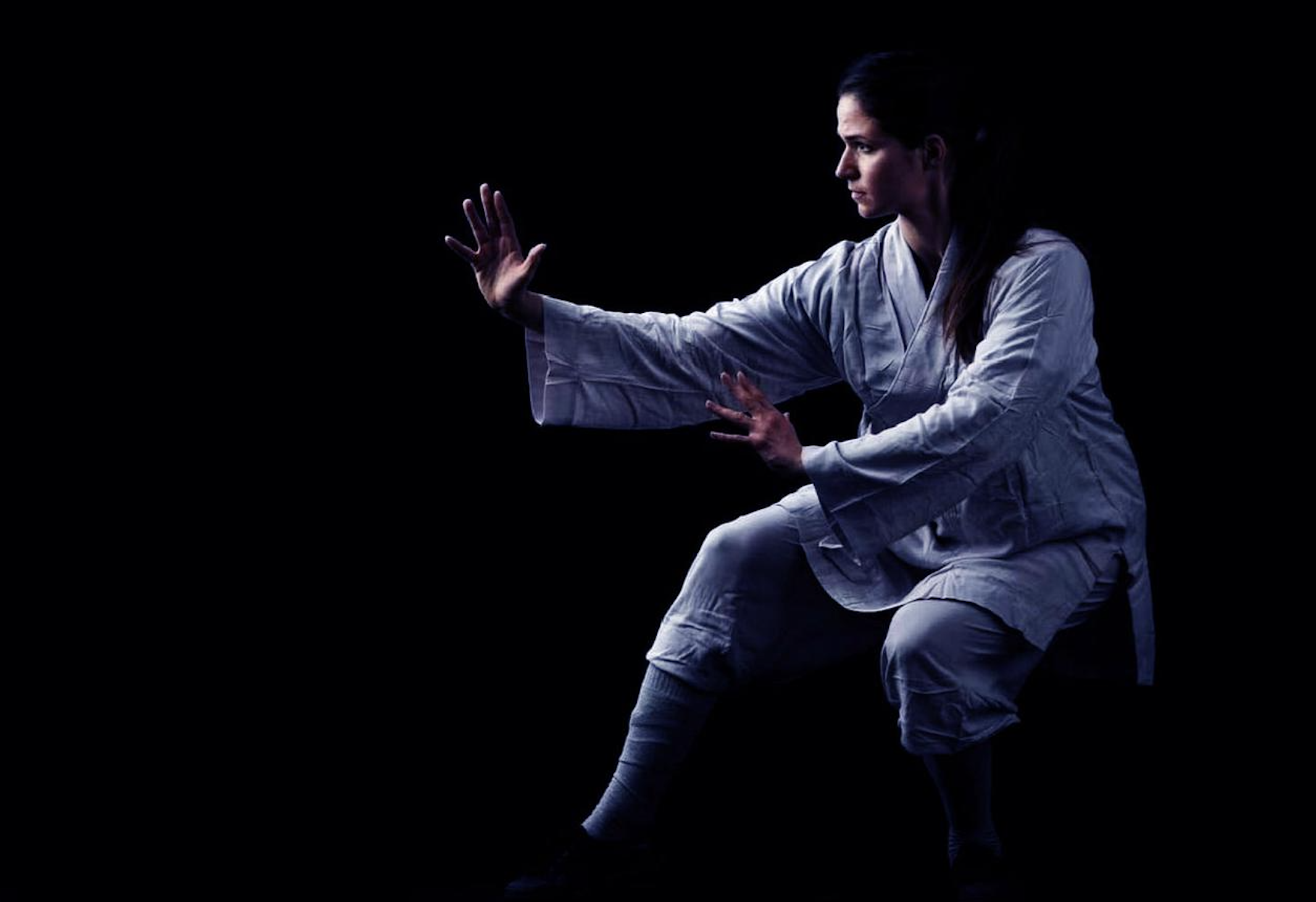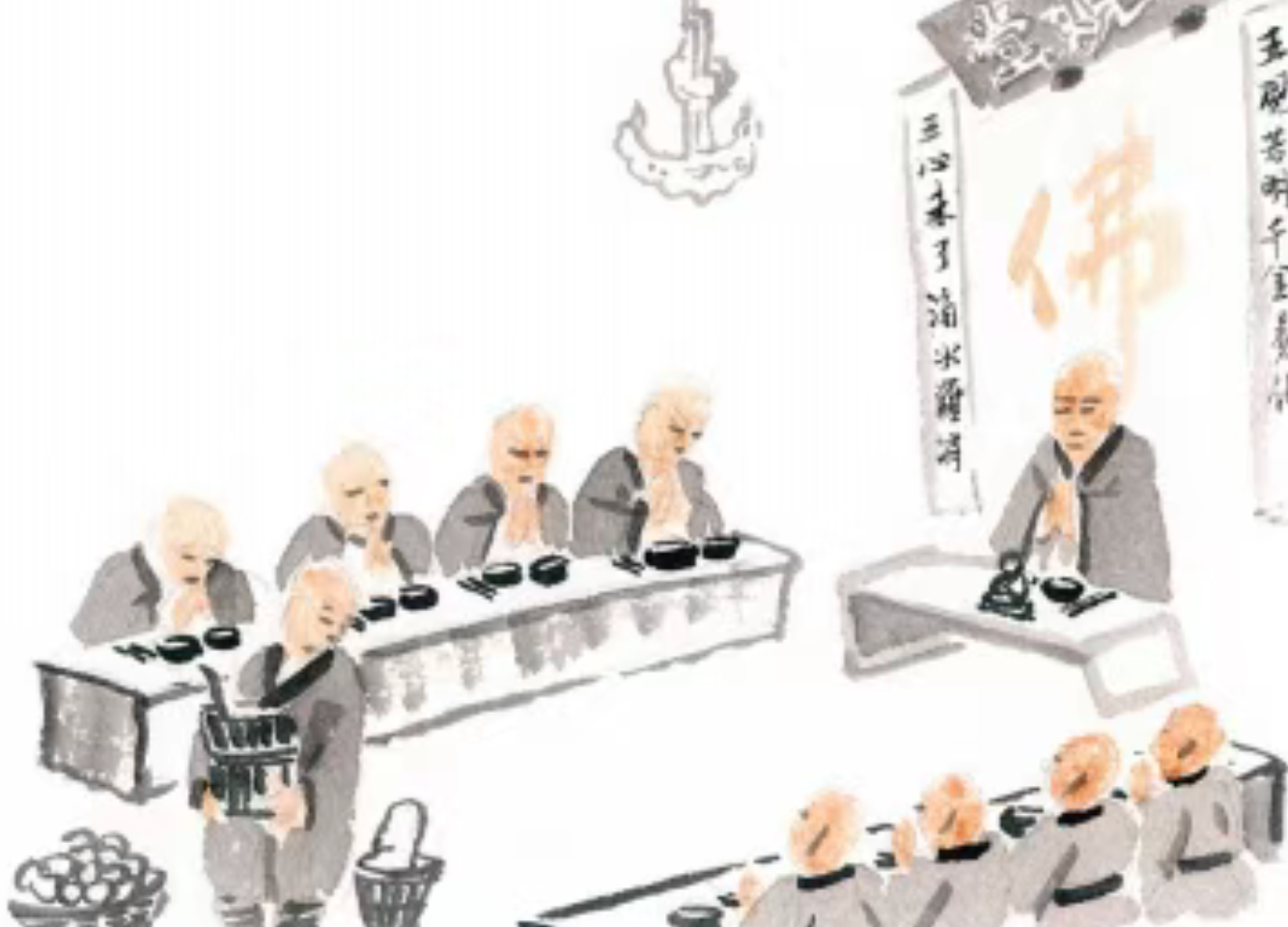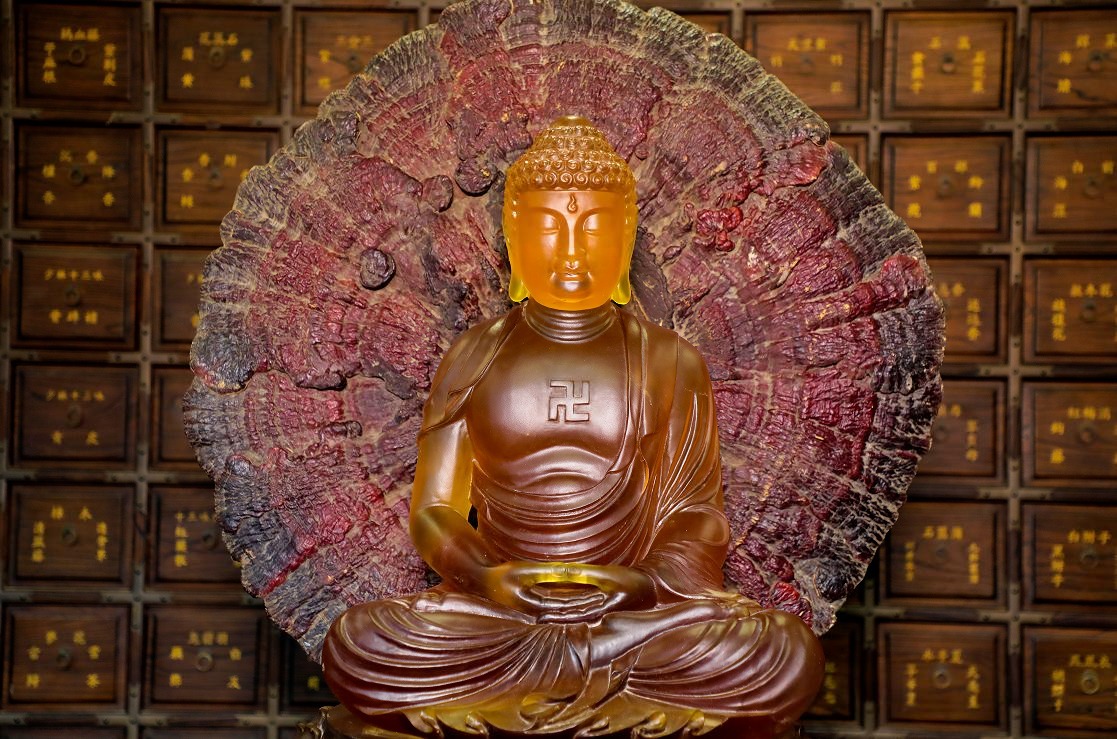1. Origins
Shaolin Temple, located in the Songshan Mountains of Henan, China, has a history spanning over 1,500 years. It is the ancestral seat of Chan (Zen) Buddhism in China and the sacred place where Bodhidharma, the 28th patriarch in the direct lineage of the Buddha, meditated facing a wall for nine years.
Shaolin is known worldwide not only for its martial arts but also for its profound integration of Buddhist practice, medical knowledge, and compassionate spirit. The temple has long upheld a tradition of healing and service, and is regarded as the birthplace of Shaolin Chan Medicine—a unique blend of Buddhist wisdom and traditional Chinese medical practice, often honored as the “Medical School of Buddhism.”
Among the many methods developed in this tradition, Chan Medicine Fasting Therapy is a distinguished healing practice that combines spiritual cultivation with physical purification. It aims to harmonize body, mind, and spirit, restore inner balance, and awaken one’s innate vitality.
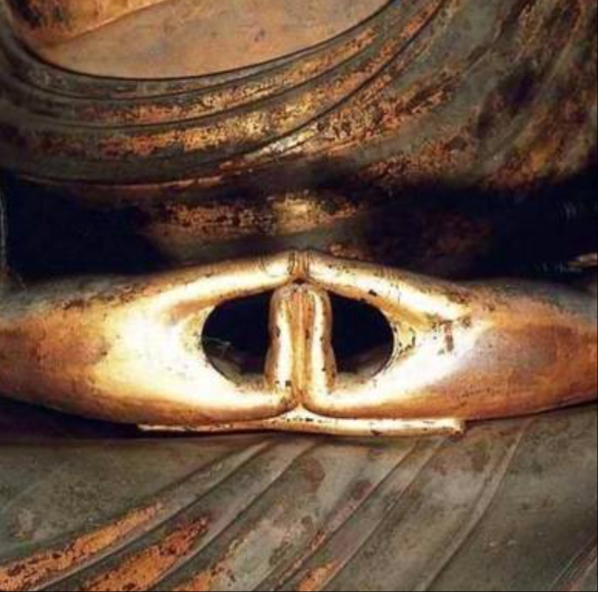
2. Contemporary Relevanc
In modern society, physical and mental imbalances are increasingly common. Many people experience chronic fatigue, anxiety, emotional instability, or a lack of clarity and motivation in daily life.
Chan Medicine Fasting Therapy offers a time-tested path to address these issues holistically. Rather than treating symptoms alone, it invites individuals to reconnect with their natural rhythms, eliminate internal stagnation, cultivate mindfulness, and ultimately recover a state of harmony and awareness.
3. What Is Chan Medicine Fasting Therapy?
Shaolin’s fasting method is not merely abstention from food. Rooted in Buddhist compassion and Chan philosophy, it is a comprehensive approach that integrates:
- Substance-based medicine (herbal and nutritional therapy)
- Dharma-based medicine (wisdom, philosophy, meditation)
- Mind-based medicine (awareness, intention, self-observation)
This tri-fold method works to:
- Gently detoxify the body
- Stimulate self-healing and immunity
- Regulate internal organ function
- Clarify the mind and calm emotional unrest
- Build a disciplined, mindful lifestyle
It is a natural and progressive method that emphasizes internal purification, self-regulation, and life-nourishing practices.
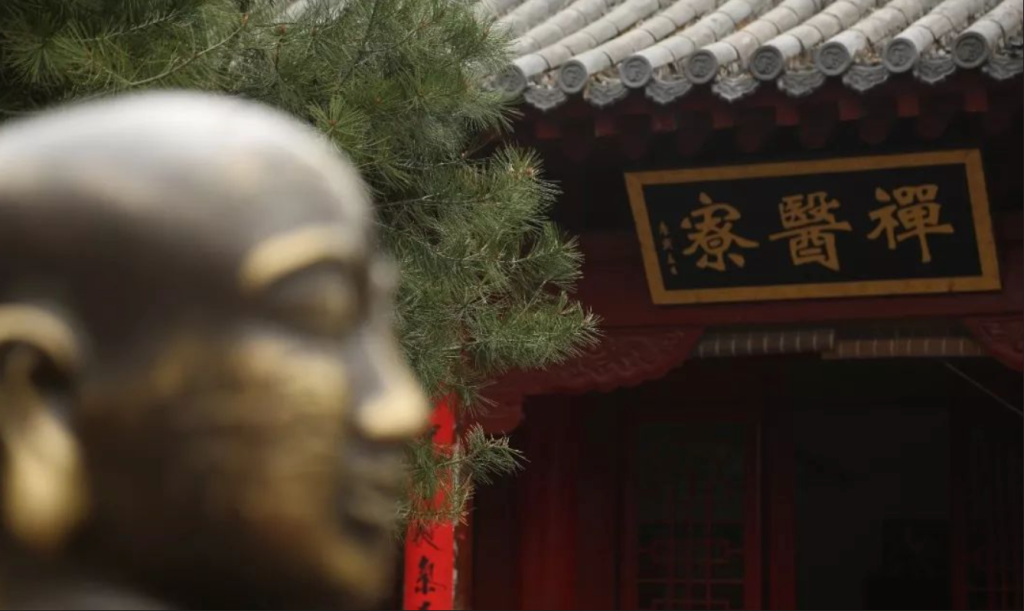
4. Who Can Benefit from Chan Medicine Fasting?
This practice is suitable for those who:
- Struggle to achieve mental stillness or inner peace
- Seek improved physical health and energy levels
- Wish to live a more mindful and balanced life
- Are interested in spiritual development or meditation
- Experience emotional overwhelm, stress, or confusion
- Desire harmony in family, career, or interpersonal relationships
- Are looking for clarity, purpose, and spiritual insight
- Value traditional healing, Buddhist practice, or Chinese medicine
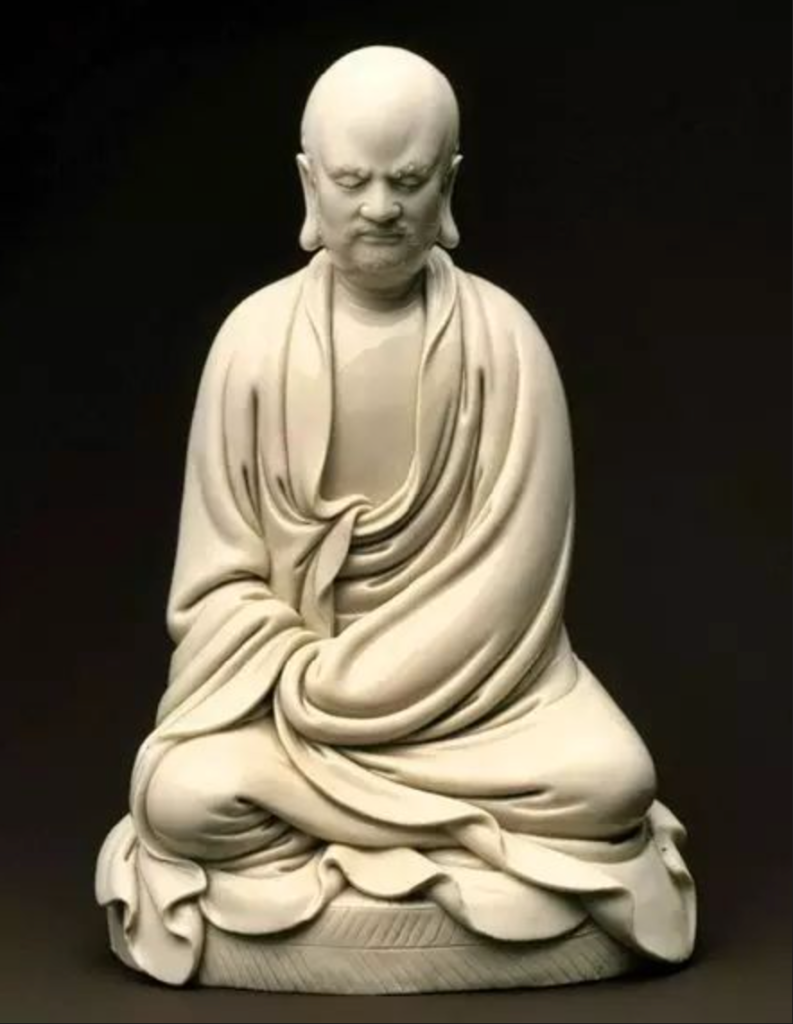
5. The Three Pillars of Shaolin Healing
1. Gong Therapy
Shaolin employs therapeutic physical practices such as Ba Duan Jin, Chan Fist, Muscle-Tendon Transformation Classic (Yijinjing), and Marrow-Cleansing Classic (Xisuijing). These are not only martial forms but also methods to guide internal energy, promote circulation, and restore vitality.
2. Food Therapy
Rooted in the Chinese medicine concept of “food and medicine sharing the same origin,” this therapy emphasizes seasonal foods, five-flavor balance, and energy meridian alignment. It includes gentle dietary adjustments, phased fasting, digestive rest, and detoxification based on constitutional diagnosis.
3. Chan Therapy
Chan Therapy uses meditative practices like silent illumination and inner observation to explore the root of illness—both physical and mental. Through deep contemplation and dharma-based insight, it aims to clarify emotional patterns, dispel confusion, and restore the balance of mind and body.
This therapy embodies the Mahayana Buddhist spirit of great compassion, seeking to alleviate suffering by integrating traditional medicine with deep inner cultivation.
6. The Uniqueness of Chan Medicine
- Inclusive and Adaptive
Chan Medicine does not reject other effective medical systems. Instead, it adapts them skillfully using Chan-based thinking to ensure treatment effectiveness for the individual in the present moment. - Mind-Body-Spirit Integration
Healing is approached as a unity of physical, mental, and spiritual processes. Diagnosis and treatment are based not only on symptoms, but also on emotional patterns, energetic states, and karmic causes. - Patient as Participant
Healing is not passively received. It involves conscious participation through inner awareness, meditative practice, and dietary discipline. - Compassion at the Core
Inspired by the Buddhist ideal of benefiting all beings, Chan Medicine aligns personal healing with broader ethical and spiritual transformation.
